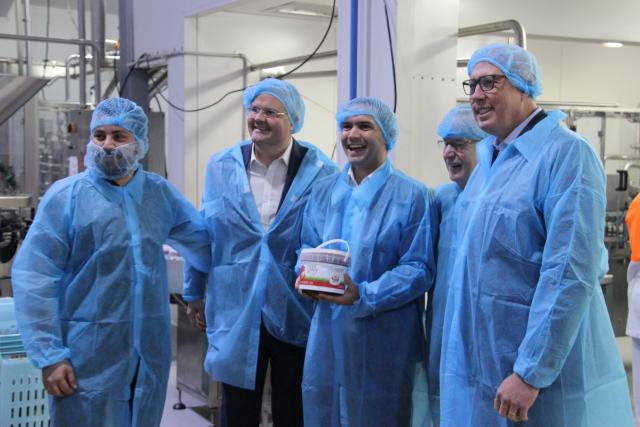
By Parker McKenzie
Federal Opposition Leader Peter Dutton has rejected that his party’s opposition to a constitutionally recognised Indigenous Voice to Parliament will affect the re-election chances of MPs in marginal seats, despite the majority of Victorians supporting the change in recent polling.
All polling done by Essential, Roy Morgan and Newspoll in 2023 have reported that over 50 per cent of Victorians support a yes vote on the referendum; this, combined with the electorates of Deakin and Casey being two of the most marginal in Victoria after the 2022 federal election, could create a precarious political situation for the Liberal Party.
When asked by the Star Mail about the Liberal party’s position on The Voice potentially affecting the re-election chances of MPs in marginal seats, Mr Dutton said it wouldn’t.
“I believe very strongly that in our business, the public expects us to be honest and to adhere to our values and to stand up and argue for what we believe in,” he said.
“If you sit on the fence in politics you end up believing in nothing and you end up, I think frankly, being a burden to your own community.”
Mr Dutton argued that constitutional recognition would receive overwhelming support, but currently Australians “don’t know the detail and we don’t know that’s going to provide the practical outcomes of indigenous Australians that we all burn for.”
Deakin MP Michael Sukkar holds his seat, which covers Croydon and Mooroolbark, on a margin of just 0.19 per cent or just 375 votes, while Casey MP Aaron Violi entered parliament in 2022 on a margin of 1.48 per cent.
Mr Violi said he didn’t believe the party’s position on The Voice would affect his reelection chances in the future.
“Ultimately, people vote and decide on a lot of different reasons. I’ve engaged with the community quite deeply and had a community forum in partnership with a group called Democracy Co yesterday,” he said.
“It was very clear from that meeting that there are different opinions on The Voice and also people are frustrated that they don’t have the information.”
Between October and December, Australians will vote on the following question: “A Proposed Law: to alter the Constitution to recognise the First Peoples of Australia by establishing an Aboriginal and Torres Strait Islander Voice. Do you approve this proposed alteration?”
Mr Violi said if the referendum fails this year, the blame will fall squarely on Prime Minister Anthony Albanese.
“There is bipartisan support for constitution recognition and there is support from the Liberal Party for local, regional and national voices, but you need to understand the detail is really important,” he said.
“I was speaking to a well-known, well-respected, local, indigenous Wurundjeri leader just last week, and he doesn’t support the Voice and many in his community don’t support the Voice because the only information they’ve heard is through the media.
“When I asked if I could share his story, he didn’t want his name used for fear of repercussions for him and for other people. It’s quite sad that the people in Australia feel that they can’t voice their opinion.”
The Labor Party and Prime Minister Albanese made implementing the Uluru Statement from the Heart an election commitment at the 2022 federal election, which included a constitutionally recognised Voice to Parliament.
The next federal election will be held during or before 2025.






